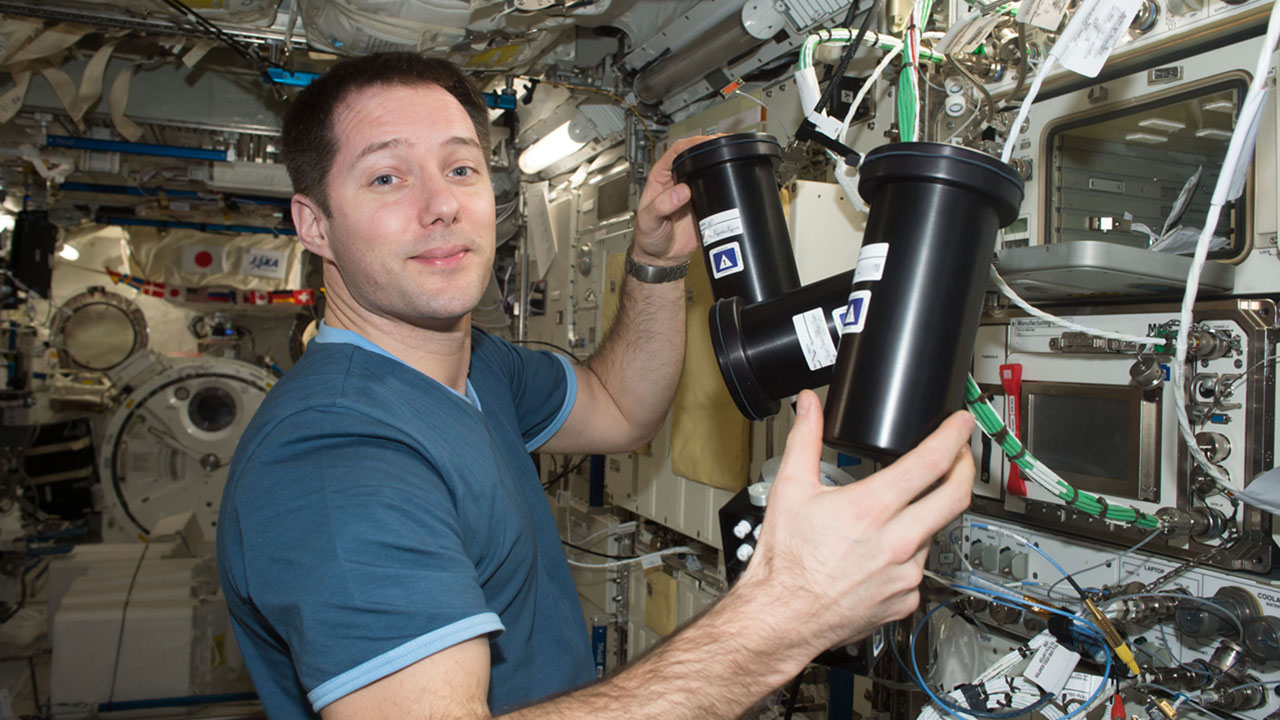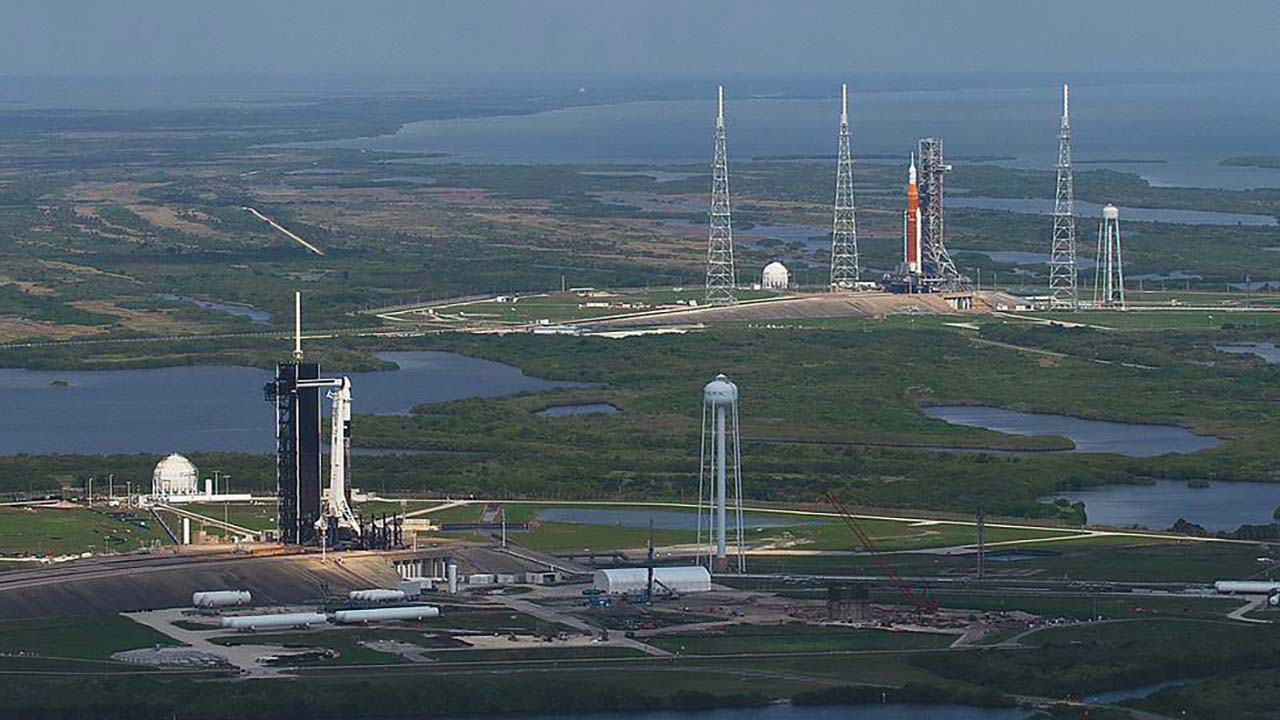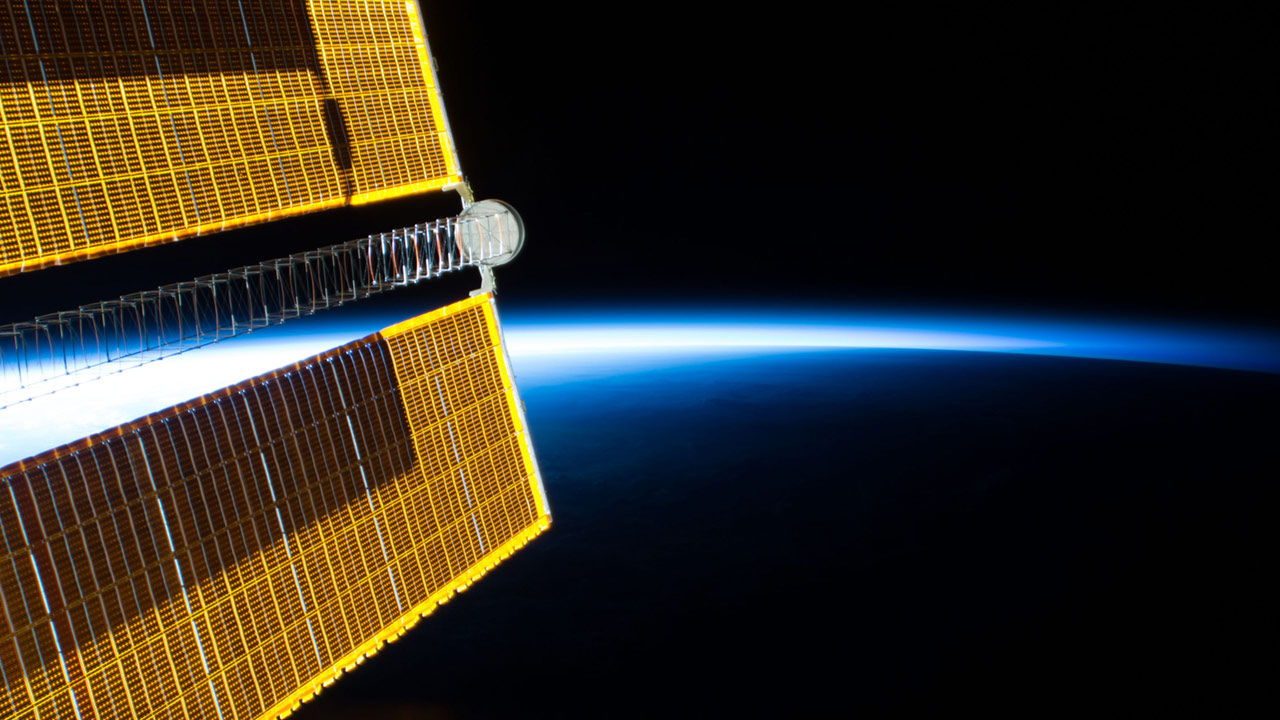KENNEDY SPACE CENTER (FL), December 6, 2019 – This week, investigators from Merck Research Laboratories published an article in the journal Nature Microgravity detailing results from research on the International Space Station (ISS) sponsored by the U.S. National Laboratory. The team used space-based research to identify new information about Merck & Co.’s therapeutic monoclonal antibody (mAb) pembrolizumab. Results could lead to improvements in the manufacture, storage, and delivery of the drug, which could reduce costs and improve patient quality of life.
The therapeutic mAb Keytruda® (pembrolizumab) is approved by the U.S. Food and Drug Administration (FDA) for the treatment of multiple types of cancer. Led by Principal Investigator Paul Reichert, Merck researchers designed a series of research experiments ultimately executed on the ISS. The crystalline suspensions of pembrolizumab produced in space had homogenous monomodal particle size and distribution, exhibited lower viscosity, and were more uniform than ground-based controls.
Crystallization processes are commonly used in the manufacture of small molecule and small protein therapeutics. However, it has been challenging to identify optimal crystallization processes for biologic drugs such as mAbs due to their large size and the flexibility of their structure.
“The orbital velocity of the ISS results in microgravity conditions that remove sedimentation and convection currents,” said ISS National Lab acting Chief Scientist Dr. Michael Roberts. “These conditions allowed Merck to identify specific conditions for producing improved crystalline suspensions of their therapeutic monoclonal antibody.”
Closer to home, the Merck team applied their spaceflight results to ground-based production processes, yielding uniform crystalline suspensions with properties that could enable pembrolizumab to one day be administered via a subcutaneous injection using a syringe. This is in sharp contrast to the typical delivery method for mAb therapeutics through intravenous infusion in a hospital setting, which takes hours and often requires a surgically implanted subcutaneous port.
The ground-based production of uniform crystalline suspensions also has important implications for drug purification and storage of therapeutic mAbs such as pembrolizumab. In recent years, increasing numbers of mAb therapeutics are being used to treat cancer as well as cardiovascular, metabolic, and neurological diseases. However, the current manufacturing process to produce mAb therapeutics is complex, expensive, and time consuming—and the final formulation requires refrigeration, which limits drug shelf life and impacts costs.
The ability to produce a highly uniform, stable concentrated crystalline suspension of mAbs could enable a quicker and less expensive purification process. Moreover, a drug product that could be reformulated at room temperature would not only reduce production costs but also be beneficial in areas of the world with limited refrigeration.
Learn more about Merck’s ISS National Lab investigation in the ISS360 article “Published Results From Crystallization Experiments on the ISS Could Help Merck Improve Cancer Drug Delivery” or in the Upward feature “Reshaping Drug Delivery Millions of Crystals at a Time.” For more information on microgravity molecular crystal growth (MMCG) in general, see the ISS National Lab MMCG overview. Current research opportunities in crystallization and other biomedical research areas are available via submission to the ISS National Lab Request for Proposals Industrial Biomedicine Research and Development Onboard the ISS National Laboratory.
Media Contacts:
ISS National Laboratory
Patrick O’Neill
904-806-0035
[email protected]
# # #
About the International Space Station (ISS) U.S. National Laboratory: In 2005, Congress designated the U.S. portion of the ISS as the nation’s newest national laboratory to optimize its use for improving quality of life on Earth, promoting collaboration among diverse users, and advancing science, technology, engineering, and mathematics (STEM) education. This unique laboratory environment is available for use by non-NASA U.S. government agencies, academic institutions, and the private sector. The ISS National Lab manages access to the permanent microgravity research environment, a powerful vantage point in low Earth orbit, and the extreme and varied conditions of space.
# # #






